Security News

Grover's algorithm given a big and powerful enough quantum computer, claims to be able to complete the same feat with the square root of the usual effort, thus cracking the code, in theory, in just 264 tries instead. Shor's quantum factorisation algorithm. Or you'd have to adopt a completely new sort of post-quantum encryption system to which Shor's algorithm didn't apply.
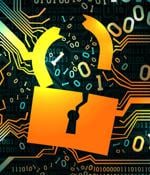
One of the four encryption algorithms the US National Institute of Standards and Technology recommended as likely to resist decryption by quantum computers has has holes kicked in it by researchers using a single core of an Intel Xeon CPU, released in 2013. "Ran on a single core, the appended Magma code breaks the Microsoft SIKE challenges $IKEp182 and $IKEp217 in about 4 minutes and 6 minutes, respectively. A run on the SIKEp434 parameters, previously believed to meet NIST's quantum security level 1, took about 62 minutes, again on a single core," wrote Castryck and Decru, of Katholieke Universiteit Leuven in a a preliminary article [PDF] announcing their discovery.
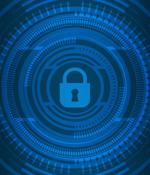
They use quantum keys that guarantee security based on quantum physics rather than computational complexity, thus they are secure even against quantum computers. Quantum key distribution is the most important technology for realizing quantum cryptosystems.

IBM has started offering quantum-resistant crypto - using the quantum-resistant crypto recommended by the US National Institute of Standards and Technology. China is felt to be stealing data today, safe in the knowledge its future quantum computers will be able to decrypt it in the near future.
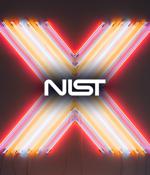
The U.S. Department of Commerce's National Institute of Standards and Technology has chosen the first group of quantum-resistant encryption tools, designed to withstand the assault of a future quantum computer, which could potentially crack the security used to protect privacy in the digital systems we rely on every day - such as online banking and email software. This Help Net Security video covers the highlights of four encryption algorithms selected by NIST..
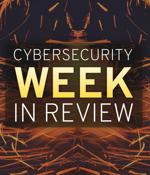
Threat actors exchange beacons for badgers to evade endpoint securityUnidentified cyber threat actors have started using Brute Ratel C4, an adversary simulation tool similar to Cobalt Strike, to try to avoid detection by endpoint security solutions and gain a foothold on target networks, Palo Alto Networks researchers have found. Attackers are using deepfakes to snag remote IT jobsMalicious individuals are using stolen personally identifiable information and voice and video deepfakes to try to land remote IT, programming, database and software-related jobs, the FBI has warned last week.

Professional Finance Company Inc., a full-service accounts receivables management company, says that a ransomware attack in late February led to a data breach affecting over 600 healthcare organizations. While PFC did not share the exact number of affected healthcare providers, it linked to a PDF file listing all the impacted orgs containing the names of 657 healthcare entities.
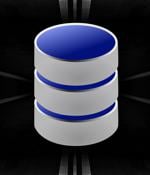
According to the US National Counterintelligence and Security Center, the U.S. is in a global quantum computing race, and China is winning. One emerging technology that could help combat the malicious use of quantum computing is confidential computing.
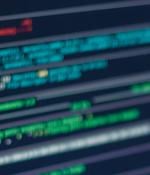
The U.S. Department of Commerce's National Institute of Standards and Technology has chosen the first set of quantum-resistant encryption algorithms that are designed to "Withstand the assault of a future quantum computer." Quantum computers, should they mature enough, pose a huge impact on the current public-key algorithms, since what could take, say, trillions of years on a conventional computer to find the right key to decode a message could merely take days or hours, rendering them susceptible to brute-force attacks.

The Department of Commerce's National Institute of Standards and Technology has chosen four encryption algorithms that are designed to withstand the hacking of a future quantum computer and protect digital information. NIST said all four of the algorithms were created by experts collaborating from multiple countries and institutions.